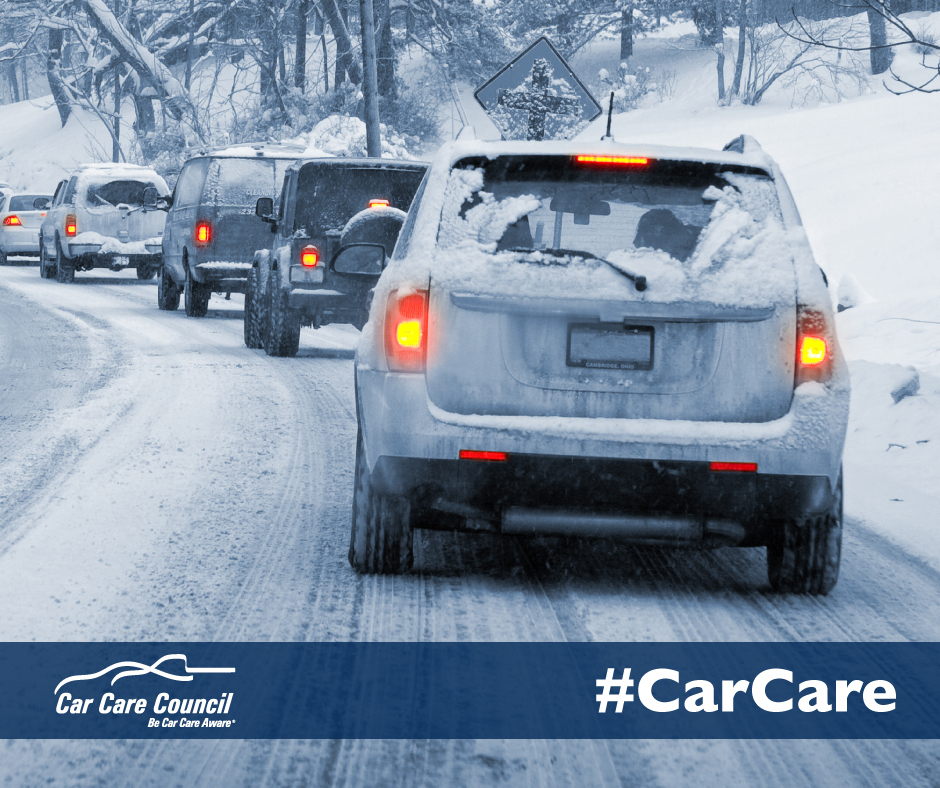
Freezing cold temperatures can stress out a vehicle, as well as its driver. Low temperatures are a harsh reminder to be car care aware. Motorists should invest a little time now to check their vehicles so they have one less worry when arctic temperatures strike.
Very cold temperatures reduce a vehicle's battery power so it’s important to keep the connections clean, tight and corrosion-free. Batteries don't always give warning signs before they fail completely, so if the vehicle's battery is more than three years old, it's wise to replace it.
Be diligent about changing the oil and filter at recommended intervals. Dirty oil can spell trouble in winter. Check the fuel, air and transmission filters at the same time.
Have the brakes inspected and check the tire tread depth and tire pressure. If snow and ice are a problem in your area, consider special tires designed to grip slick roads. During winter, tire pressure should be checked weekly.
Winter magnifies existing problems such as pings, hard starts, sluggish performance or rough idling, so if you’re due for a tune-up, have it done before the temperatures drop again. Also, clean, flush and put new antifreeze in the cooling system and have the exhaust system checked for carbon monoxide leaks, which can be especially dangerous during cold weather driving when windows are closed.
For good visibility, make sure that exterior and interior lights work and headlights are properly aimed.
Also check to see that heaters, defrosters, lights and wipers work properly. Consider winter wiper blades and use cold weather washer fluid. Wiper blades that are cracked or torn, or that chatter, streak and don’t properly clean your windshield should be changed.
Keep the gas tank at least half full at all times to decrease the chances of moisture forming in the gas lines and possibly freezing. Lastly, stock an emergency kit with an ice scraper and snowbrush, jumper cables, flashlight, flares, blanket, extra clothes, candles/matches, bottled water, dry food snacks and needed medication.
